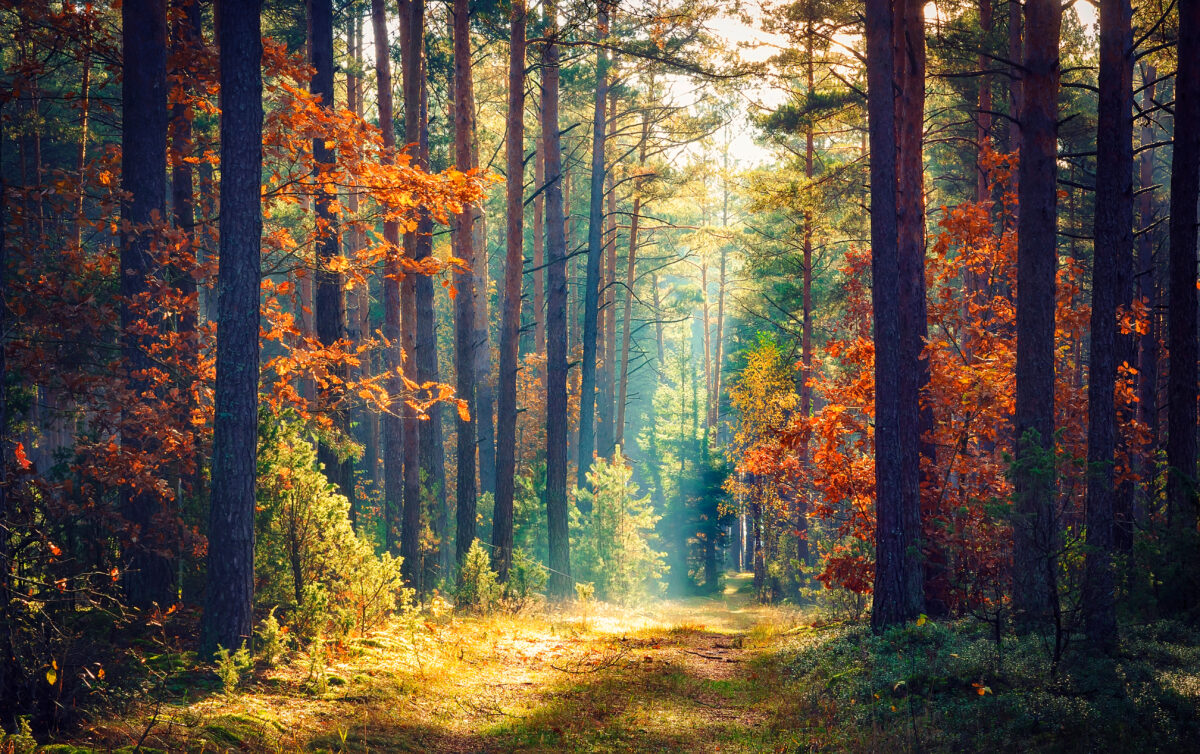
It Takes A Village – Well Being Series:
How we can work together to improve wellbeing of the communities we all exist in.
Woodland Well-Being – An interview with Kim Polgreen, Sustainability Educator from Wytham Woods, Wytham, Oxfordshire.
Twitter | Instagram | LinkedIn
Today I met with Kim Polgreen, Sustainability Educator at Wytham Woods, to understand more specifically how being outside at places like Wytham Woods can serve to improve well being, as well as help us all understand our environments and support sustainability.
Instead of having a meeting in a stuffy office, or via a virtual system or phone, we met in the great outdoors, sitting in a field, surrounded by trees, and some rather glorious sunshine (not to mention Kim’s lovely dog!). I have to say, this was the best setting for a meeting I have had in a long time, and it genuinely felt inspiring sitting amongst the trees, the landscape, and feeling the sun and the wind. No better place to think about how Woodlands can help improve wellbeing and social capital.
Mental Health
Our ability to notice details when we slow down and take a moment to really observe and absorb our environment quickly increases in response to being outside. Taking time to question things we see, and having time to actually think about some of the changes that may be going on in our world (and their consequences) can be both enlightening and empowering, both of which support mental wellbeing.
Kim and I started looking specifically at the impact on mental health. This is an area where there is much research with statistically significant evidence to support the notion that being outside, especially in the countryside and woodlands, directly improves mood. (REF)
‘Forest Bathing’ is an activity originally from Japan, known as ‘shrinrin yoku’. It is a simple activity and requires you to calmly walk amongst trees and woodlands, to watch and really see the details of the nature around you, to breath deeply and slowly. This in turn de-stresses you and improves health and well being. It makes use of the increased oxygen levels found amongst the trees and away from congestion to improve the crucial transportation of oxygen & energy around the body. Physical and mental performance are directly increased because of this ((Forestryengland.uk, 2022).
The slow, deep breathing is also shown to slow the heart rate down, and reduce stress. This then reduces the production of cortisol in the body which (if over produced regularly) can have damaging effects on the body. Antonelli M. et al, 2019 showed via a meta-analysis that cortisol levels were significantly reduced following forest bathing, and this is true in adults and children alike.
With regard specifically to children, a report (Every Child Outdoors, RSPB) showed that Forest Bathing had a significant impact and improved their education outcomes. Making us aware and alert to all our senses and able to process and respond to them supports generalised development as well as being a healthy way to support positive mental and physical health.
Having worked for many years within Child & Adolescent Mental Health Services, I am acutely aware that the simple activity of taking a young person outside, and walking side by side with them improves conversation dramatically. In truth, this is mainly due to the removal of intense, direct eye contact that happens within more clinical environments, but also benefits from the more relaxing sensory environment of woodland and nature.
Physical Health
Since the pandemic, we have been reminded that being out doors is far safer in relation to the risks of catching contagious diseases. When walking through the out doors, we also see positive results on health through weight bearing activity.
Simple weight bearing activity is a key part of health promotion as it has such an impact on the stability of joints and the maintenance of muscle mass, both of which directly impact on pain and the risk of injury. Equally the impact on the heart and lungs is well researched, and steady walking for periods of 20 minutes or more can be one of the most effective ways of improving heart health and reducing risks of heart disease, stroke and type 2 diabetes.
On a personal note, as someone who has run a lot in the past, I eventually had to stop running out doors due to asthma. However, when I went to the southwest region of France and was deep in rural farmland, I found I could suddenly run 6 miles with no breathing issues at all. The only real change was the lack of pollution, and the increase in trees in that area, although it is possible the stunning views may have helped!
By promoting our own personal value/belief we start to change things in a small way. If we all take small changes, the ‘village’ benefits from their cumulative impact, both within physical health benefits individually and from the impact on the environment.
Improving Team Work
I recall starting work in the 1990’s within the NHS, and being shipped off to an orienteering team building day. Unfortunately, it was not the edifying team event we’d expected – and a number of colleagues took some months to repair the lasting impact of their slightly disastrous team decisions on directions… I’ll say no more!
Kim made a very good point though; traditionally, many team building events have been focused on being competitive. Whilst there is a place for health and good humoured, ‘sporting’ competition, it favours specific personality types and often excludes or limits others. Those people often go along with the event, but their allegiance to the team is not improved at all, in fact it can be made worse, as I found all those years before.
Kim explained how she had introduced a team building event with a completely different focus. The company was Oxford Study Courses, (of which she was the CEO for 15yrs) and the idea was they looked at climate change as a group, considering the research and impacts whilst looking at and absorbing the environment around them. What happened was very interesting. The group have various things going on, some felling trees, some chopping wood, some maintaining the camo fore and some cooking etc. At times there was competition to see who could fell the biggest tree in the wood, but it was all done out of choice. Then when they tired or got bored, they left that activity and moved to another, allowed to be aware of their limitations and be fully accepted for them. It was the visibility of the group tasks that took priority and was shared amongst the individuals within.
A natural rota evolved with divisions of tasks working from all involved. At the end of the day, all the tasks were done, and team working was highly rated and had been achieved through unspoken team work. This effect was also noted to have lasted well once back in the work environment – something that is indeed very hard to truly achieve.
Perhaps of particular note, and unlike my experience, the edifying effects and team spirit were across the personality ranges within the group/company.
Businesses & Schools Working Through Woodlands; Changing The Future
Kim has developed a way of engaging business and schools to learn from each other and grow their shared community.
By doing a business sustainability workshop with the identified team/company, they can support better awareness for that company while promoting better team dynamics beyond the tasks of set projects (seeing us as whole people). The level of personal satisfaction and self belief (that what you are doing is making a difference) for the staff has the potential to increase when they understand how they can impact positively on their own health and the environment. It also starts to impact on Social Capital, increasing the connections within the community as a whole.
Businesses themselves can then act as the link to schools, showing how they are working with Nature, and Woodlands, and trying to improve health and wellbeing. In doing this, links are established with young people directly and more impactfully. Additionally, it raises the profile not only of young people wanting to spend time outdoors, but also starts to highlight career options that are available to school leavers. This area is often not represented at career events, and yet there are a large range of options available, either as careers, volunteer opportunities, or as leisure activities.
The woodland, and specifically that of Wytham Woods, has the ability to empower and connect communities across all ages, impacting on health, wealth, and well being. When we all work together, as a village, we can make these changes happen.
Green Futures
Carrying on with her work to support schools and young people, Kim organised an event in July 2022 at Hill End in Oxfordshire, which she is repeating for 2023.
The Green Futures Conference had 10 employers come run workshops with the 175 students attending. The event was outside which was motivating and inspiring; it generated so much interest in related career options from the young people attending.
The employers held 4 different workshops which the students moved round through the day in groups of 15. The workshops looked at:
- the Low Carbon Hub,
- Oxford Wood Recycling
- Low Energy Housing from Beard Construction
- The role of the Armed Forces in environmental protection
- Planning Ecology Restoration with Amey Consulting
- Regenerative Farming with the Coolest Farmer In Town
- Alternative Fuels with Siemens
- Land Management & What Universities are doing about Nature Protection with Wytham Woods & Strutt & Parker
Kim is keen to attract more businesses and employers for next year’s event in 2023 so if you are interested in volunteering as an employer please do contact Kim (contact details are at the end).
Cherwell School also ran a Green Careers day for their 300 young people under the age of 13years. Including the environment, green approaches, wildlife and woodlands within careers events is not always thought about, and Kim has really made an impression on me and challenged my somewhat ‘stuck’ thinking about career options and events. It will be very important moving forwards that our communities (at work and at home) work with young people to support knowledge and share career options that will inspire a future generation. Without empowering them to build on from the work done so far, our wellbeing as a community will suffer physically and mentally. Equally, our sense of ‘Hope’ for the future will be negatively impacted as the climate crisis escalates and people feel disempowered to effect change. Hope for the future is a crucial aspect of wellbeing, therefore we would be wise to promote and edify Hope within the whole community, but especially young people.
References:
Let nature help – employee wellbeing | The Wildlife Trusts
SROI Summary Document – DIGITAL_0.pdf (wildlifetrusts.org)
SROI Report FINAL – DIGITAL.pdf (wildlifetrusts.org)
Bringing nature to work – The Wellbeing Pulse
The Power of Nature for Employee Wellbeing – Business in the Community (bitc.org.uk)
Nature Education | Research – The RSPB
Every Child Outdoors (rspb.org.uk)
How Modern Life Became Disconnected from Nature (berkeley.edu)
Today’s children are disconnected from nature??? – The Progressive Teacher
Read more B4 Business News here
Join our LinkedIn Page
More in Workplace Wellbeing
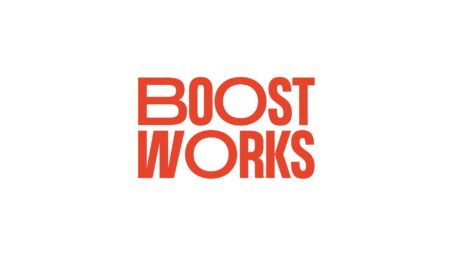
Lost in Translation? Employees says CEOs Don’t Speak Their Language of Appreciation
Boostworks study reveals 65% employee dissatisfaction rate with
current benefit programmes
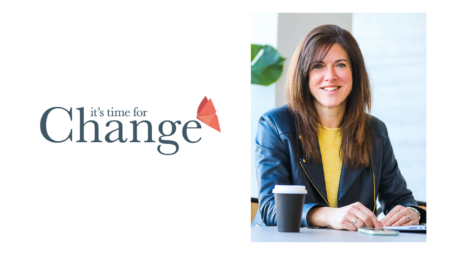
Psychological Safety: What does this mean, what should this look like...
At our last B4 People Ecosystem, Lisa LLoyd of It’s Time for Change shared the following report:
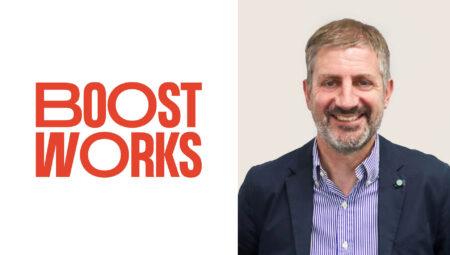
Boostworks Appoints Former Vodafone Board Director as Executive Chairman
Mark Bond, previously Head of Customer Operations at Vodafone leads Boostworks Board
From this author

The Guideposts Information and Support (GIS) Service
On this episode of Let’s Talk Mental Health, Mel Noton chats to Avril Ishmael about the GIS and the great services it offers to individuals, businesses and communities alike.

Your Introduction to the World of Business (Episode 2)
Your Introduction to the World of Business gives businesses the opportunity to broaden the horizons of their future employees, and for students to learn more and ask questions about the world of business.
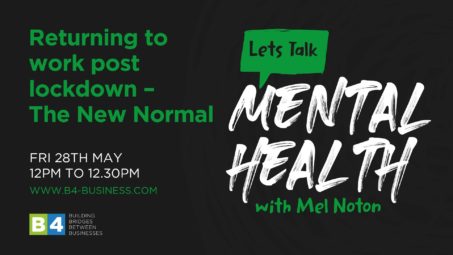
Returning to work post lockdown – The New Normal
On this episode of Let’s Talk Mental Health with Mel Noton, we’re joined by Rab and Katie as they discuss the return to work post-lockdown and pandemic.


